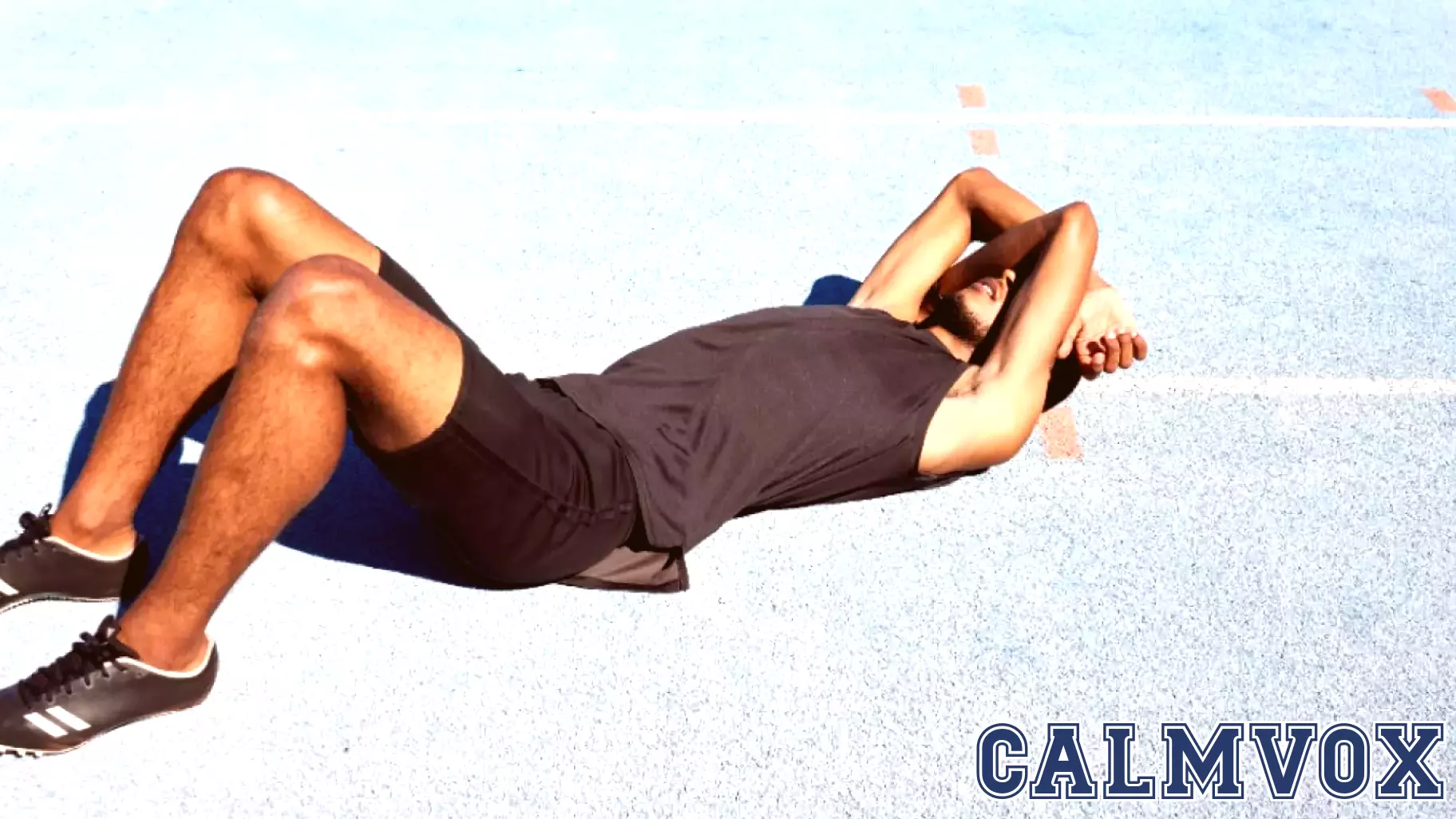Evolving Dynamics of Mental Health Among College Athletes
January 30, 2025 - 01:12

The landscape of college athletics is undergoing significant changes, impacting the mental health of student-athletes in unprecedented ways. With the introduction of the NCAA transfer portal, athletes now have greater freedom to change schools, which can lead to both opportunities and stress. The ability to monetize their name, image, and likeness (NIL) has added another layer of complexity, as athletes navigate new financial responsibilities and public scrutiny.
Additionally, roster limits and expanded seasons have intensified competition, placing further pressure on athletes to perform at their best. As they strive to balance academics, athletics, and personal life, many student-athletes are facing heightened levels of anxiety, depression, and burnout.
Colleges and universities are increasingly recognizing the need to prioritize mental health resources and support systems for their athletes. This shift aims to foster a healthier environment where student-athletes can thrive both on and off the field, ultimately leading to more well-rounded and resilient individuals. The evolving dynamics of college sports demand a proactive approach to mental health, ensuring that athletes receive the care and attention they need during this critical phase of their lives.
MORE NEWS

March 1, 2026 - 08:18
New psychology research reveals a vicious cycle involving smartphone use and feelings of disconnectionNew psychology research reveals a troubling daily cycle where smartphone use and feelings of loneliness intensify one another. A study published in the journal Addictive Behaviors provides...

February 28, 2026 - 23:13
AI in, Garbage Out: Is Meta-Analysis in Danger?A cornerstone of modern psychology, the meta-analysis, is facing a novel and significant threat from the proliferation of fake, AI-generated scientific papers. This method, which statistically...

February 28, 2026 - 10:20
Critiquing Israel is not Anti-Semitism: The American Psychological AssociationIn a significant statement, the American Psychological Association has clarified the crucial distinction between criticizing the policies of the Israeli government and antisemitism. This move...

February 27, 2026 - 23:59
Psychology Suggests the U.S. Army Needs to Do More To Battle A New Enemy (Not Russia or China): LonelinessA recent study highlights a growing, non-traditional adversary within the U.S. military ranks: pervasive loneliness. While the Army possesses deep institutional knowledge for building unit cohesion...